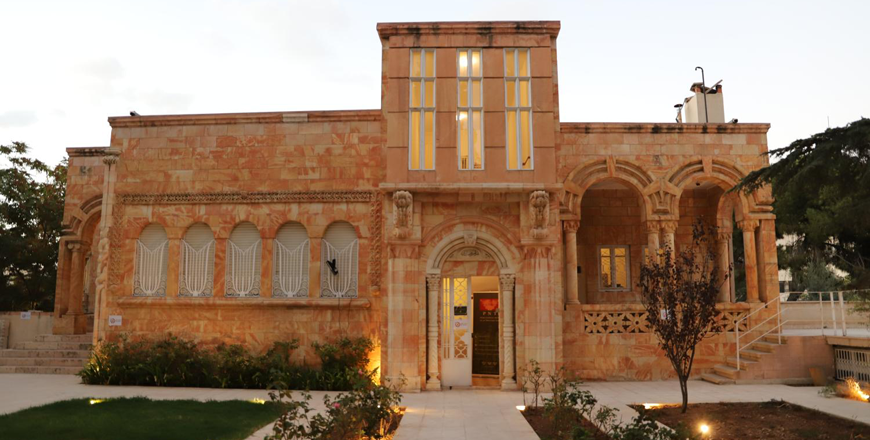AMMAN — Located in the heart of Jabel Luweibdeh, in the historic Bayt Yaish building, the Petra National Trust (PNT) has been at the forefront of cultural heritage in Jordan for the past 35 years. PNT’s mission is to protect Jordanian cultural heritage by focusing on conservation and sustainable management of significant sites.
“PNT’s mission encompasses a broad spectrum of activities aimed at preserving Jordan’s rich cultural heritage and this includes advocacy, education, community engagement and the implementation of innovative conservation techniques,” noted Project Management Zeina Khshashneh, adding that PNT works closely with local, regional and international partners to ensure that heritage preservation is sustainable, inclusive and beneficial to local communities.
Furthermore, one of PNT’s core activities are educational programmes, whose aim is to raise awareness about the importance of cultural heritage and these programmes target various age groups and sectors of society, promoting a deeper understanding and appreciation of Jordan’s historical sites and traditions.
“By involving local communities in these efforts, PNT helps foster a sense of ownership and pride among Jordanians,” Khshashneh underlined, noting that the 35th anniversary of PNT marks a significant milestone
Climate changes also negatively affect historical monuments and cultural sites and PNT aims to enhance the resilience of heritage sites against environmental threats.
“One of the hallmark initiatives of PNT is the PNT Heritage Award. Launched to celebrate PNT’s 35th anniversary and honour outstanding contributions to heritage conservation, the award celebrates individuals and organisations that have made significant impact in preserving Jordan’s cultural heritage, and the award serves to inspire and motivate others to engage in heritage preservation, highlighting exemplary efforts and innovative approaches,” Khshashneh noted.
The PNT Heritage Award covers various categories, including research, conservation, education and community engagement, she said, adding that awardees are selected based on their dedication to heritage preservation, the sustainability of their projects and their ability to positively influence local communities.
“Looking forward, PNT plans to expand its network of cultural hubs across Jordan. These hubs will serve as centres for heritage preservation, education, and community engagement, demonstrating best practices in conservation and fostering local economic development through cultural tourism. By creating vibrant cultural centres, PNT aims to stimulate local economies, promote social cohesion and enhance the overall well-being of communities,” Khshashneh stated.
Some of PNT’s key partners are: Petra Development & Tourism Region Authority, Ministry of Culture, Ministry of Tourism and Antiquities and its Department of Antiquates, Ministry of Interior, Ministry of Education and Ministry of Youth.
Regarding international collaborations, PNT partners with UNESCO, ICOMOS International, the International National Trusts Organisation, the Cultural Protection Fund, British Council, the US Department of State, the World Learning Organisation, the Swiss Counterpart Fund, the World Monuments Fund and the International Alliance for the Protection of Heritage in Conflict Areas.
Khshashneh thinks that protecting cultural heritage is a shared responsibility that requires the involvement of individuals, communities and governments.
“By recognising the importance of cultural heritage and implementing effective policies and programmes, we can ensure that these invaluable sites are preserved for future generations. Also encouraging people and local communities to protect cultural heritage is essential,” Khshashneh said, adding that it is crucial to bring attention to policies related to cultural heritage and recognise the importance of on-ground initiatives.
“By highlighting living examples of effective cultural heritage safeguarding, we can inspire collective action and ensure the preservation of our cultural treasures for future generations,” Khshashneh concluded.
